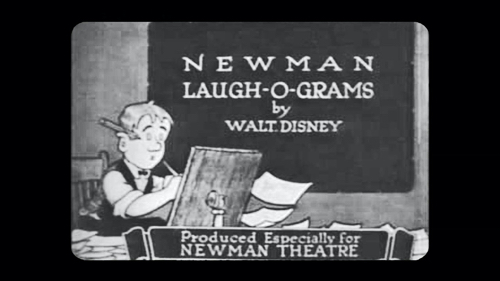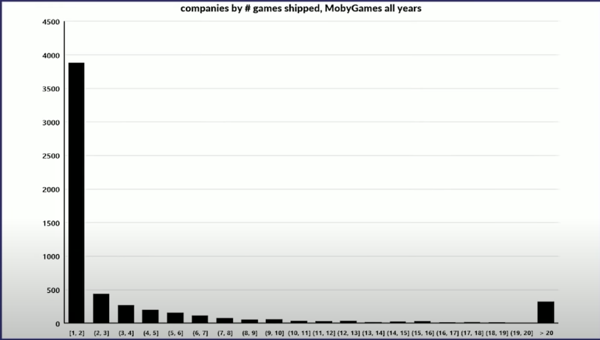
Hey I hope you are staying healthy and taking the proper self-care. I know I have been feeling really anxious not just because of the pandemic but also because of my own work. I know I am not as productive as I was pre-pandemic. Part of it comes to the general angst of the moment but also because I am watching my son more since we took him out of school which has reduced my productivity time by about 50%.
The logical side of me is totally fine with this knowing that everyone is going through the same thing and there is only so much I can control, and there are times where we have to be ok with this. But knowing something doesn’t always mean you can overcome your anxieties. Part of my anxieties are also confronting a fear of failure. This leads me to the topic of this week’s column.
I listened to a really good podcast today and I think it will help you too if you are feeling something similar. It comes from the Harvard Business Review and it is all about how getting right with failure can greatly help you in future success. Listen to it here
TL:DL (listen) the research shows that failure is a-ok and does not doom you to failure forever. The researchers looked at scientists applying for NIH grants, startup founders, and (strangely/brilliantly) terrorist organizations. Here are some really key points and examples
- There are stagnation failures where even after failing people don’t look to see how to improve. They are doomed to keep failing in the same way. This is different than the other group of failures….
- Failure but they actually accelerated the time between their failures. They incorporated what they learned from the previous failure and fixed their process. They became more efficient. The recommendation is to fail even faster next time. How to do this on the design side, figure out if you can reuse code, reuse the same audience, improve where it actually is important.
- Walt Disney is always seen as a success but he was fired from his first job due to a “lack of imagination” and bankrupted his first animation company. He actually sold equipment from that business to buy a train ticket to Hollywood California. Read about it there. Oh also his films after Snow White were failures too. All the way through to Sleeping Beauty. Here is more on his first studio
- Know that just releasing a game puts you miles and miles ahead of most people who stop at “I have an idea for a game” – look at this research into how far most people go when they have an idea for a startup. Most people don’t make it past the “idea” phase.
How this applies to making games
Now one of my favorite slides in all of gdc talks is from “Put your name on your game.” Here is the exact part of the presentation (I attached the screenshot below) The slide shows how many games are put out by each studio. You will notice that the vast VAST majority of studios put out 1 game and then close up forever. Now the slide was used in the talk for a different point about whether you should use your name or a made-up studio name. But what I think of when I look at it is all those studios failed and never tried again. They didn’t improve their process, incorporate efficiencies, and didn’t fail faster the next time. Instead, they just ghosted.

Don’t be that studio in the first column who never releases game #2. Stay alive and be the studios in the other columns.
Don’t have comparison-itis
Now I also think this is relevant because the indie games industry is all about comparative success. The annual Forbes 30 over 30 is quite discouraging except for 30 people every year. There are frequent post mortems filled with successful indies. It can be really hard to see failures and their toll because they are not often shared. Similarly when someone becomes an “overnight success” few people report about their early and long pre-success career. The press loves to write, “they came out of nowhere with a hit on their first try.” It rarely is. As a mental health tip, always go back and look at the history of anyone who is considered “an overnight success” there are usually years and decades of low key failures or working for someone else that gets glossed over or chalked up to “practice.” They weren’t practicing, they were failing. But that is not a bad thing! You should be ok with that.
Keep failing
So my message today is not to get too bent out of shape if your last game didn’t do well. Don’t keep delaying your launch because you are afraid you are going to fail. Be honest with yourself, I do that myself. It is ok to fail. Don’t beat yourself up. Especially in these times.
If you are still feeling bummed (which is totally ok to feel right now) I wrote this other blog post a number of years ago with what to do when your first game fails. Check it out here.
The CLASSIC example of a dev who turned failure into success is Scott Cawthon! He released game after game that got super tepid responses cause people hated the art, and said all the characters looked like creepy animatronics…so he spun that into a positive and made Five Nights at Freddy’s :p
In my experience, “Fail faster” is the most crucial mantra for creative work. I first encountered it long ago in an Extra Credits episode, but it always bears repeating. Especially for indie developers.
Also, it took me 3 hours to finish reading this article.
Thanks to the GDC talk you just linked and your repeated advice on the matter, I finally decided to rebrand as a solo developer and start using my own name. I stopped to watch the talk, overhauled my itch.io page (https://m-trigo.itch.io), then came back to finish reading.
Thank you for writing this.
Thanks for posting this Chris. I 100% agree that it is important for game developers to share each other’s failures; not just their victories. It is hard (I do personally suffer from comparison-itis; haha), but at the end of the day, it’s easier to see why something failed as opposed to why its succeeded.
Putting my money where my mouth is, and a bit of a shameless plug I admit, but I actually wrote about my failures a couple of weeks ago:
https://www.gamasutra.com/blogs/RafaelVazquez/20200417/361347/Anatomy_of_a_failed_Kickstarter.php
I do hope more devs open up about the hardships of game development and of how they fared when things went wrong.